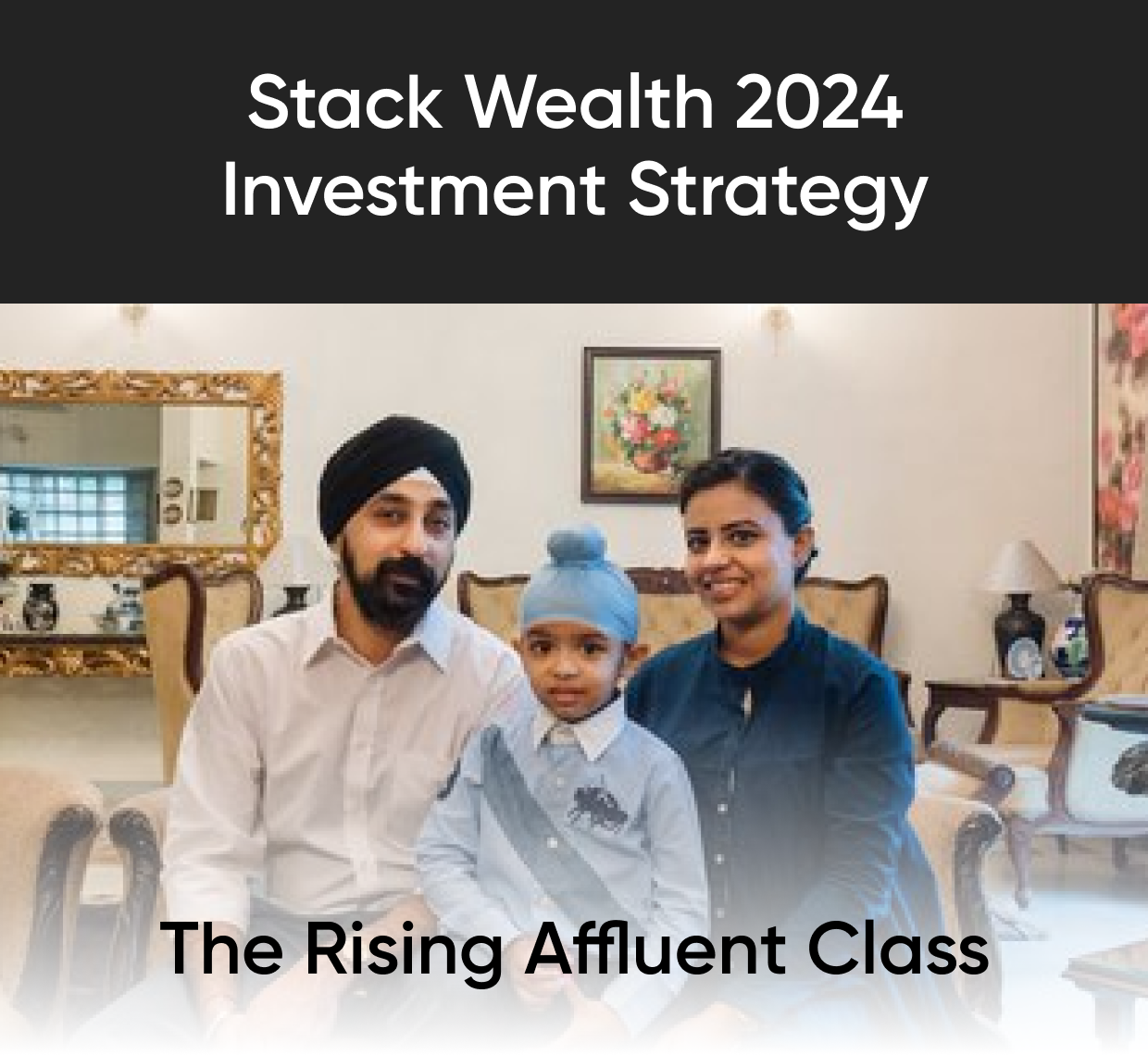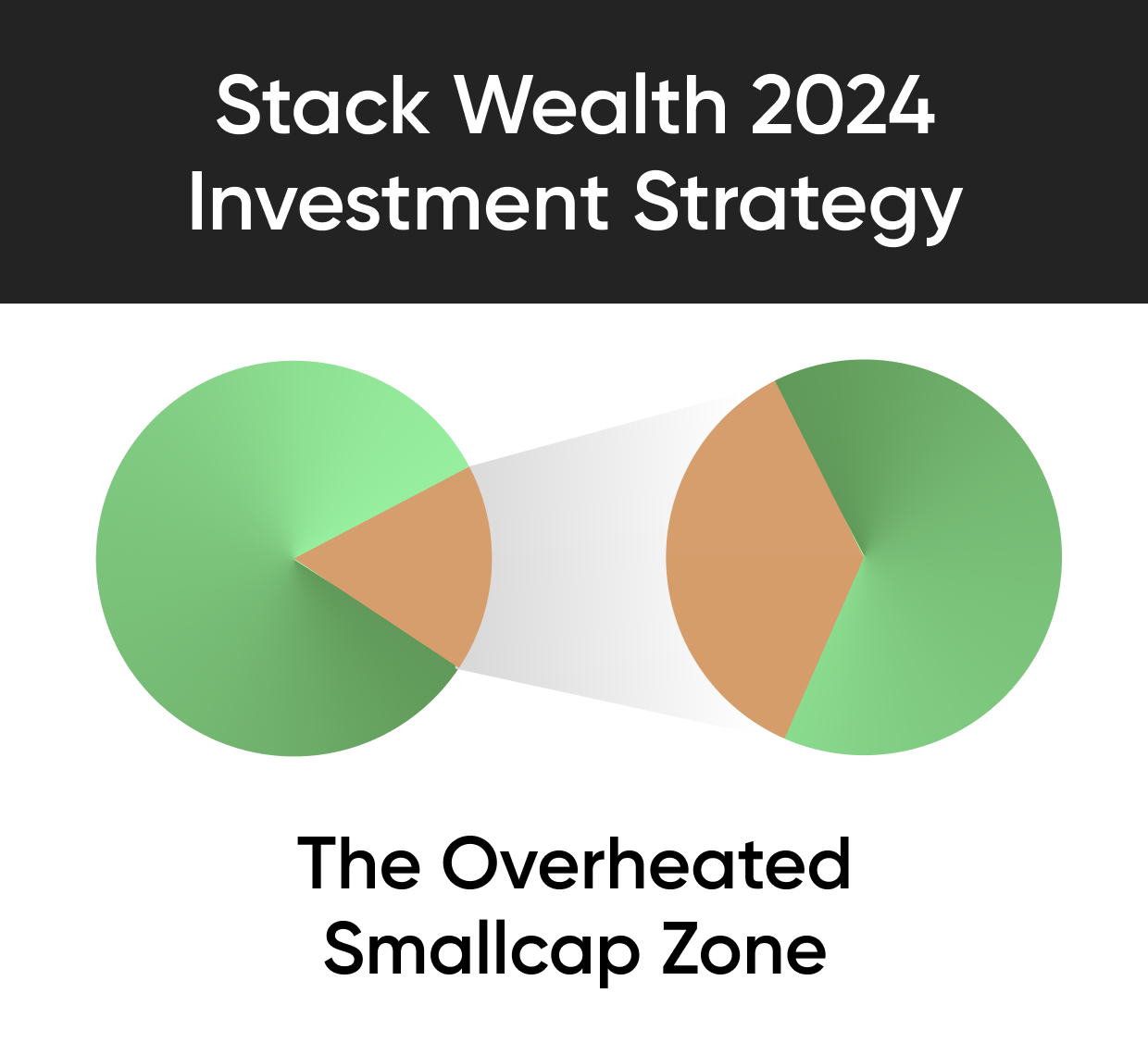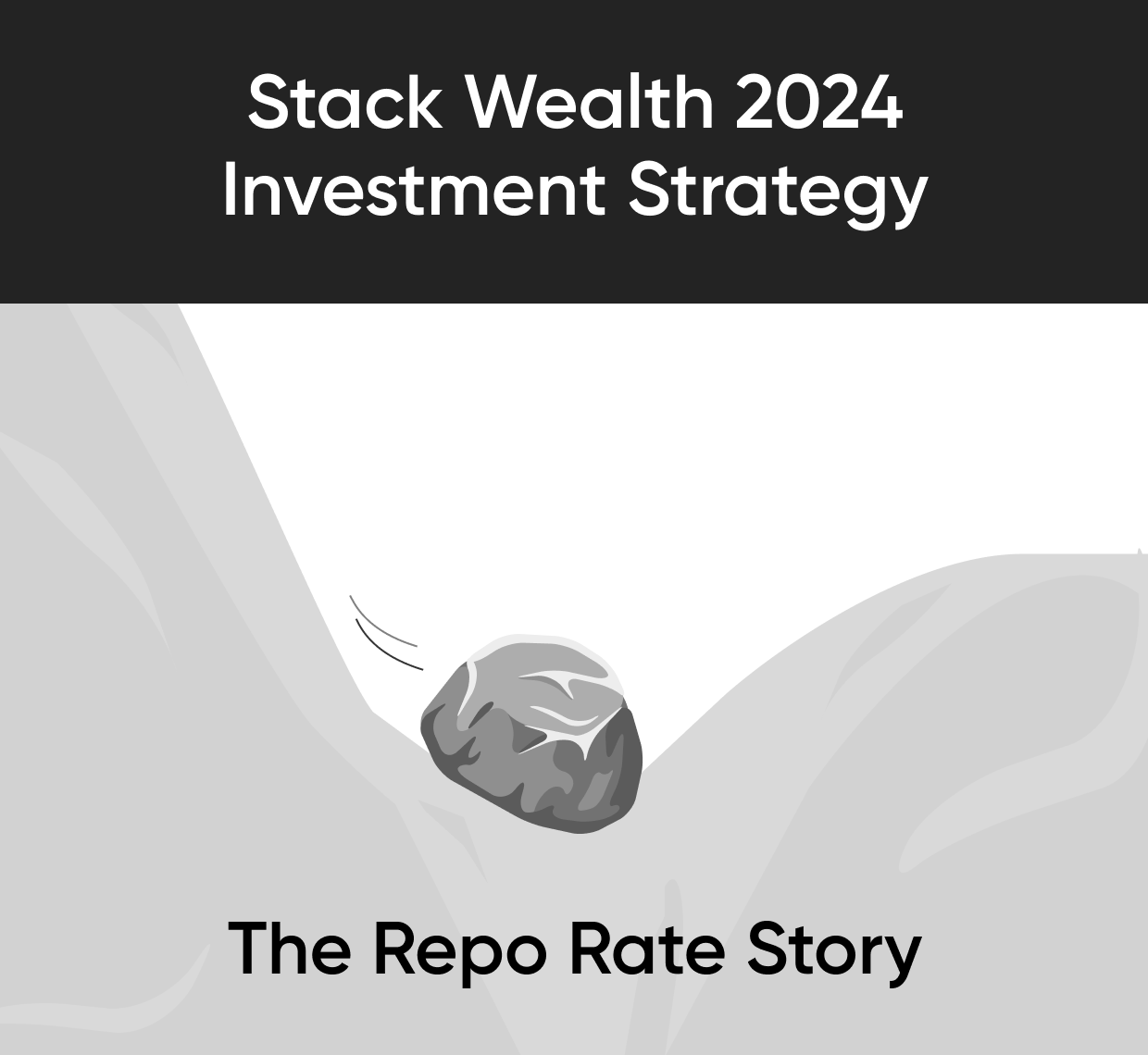Last week in a nutshell
Educated youngsters among the unemployed rose from 54% to 66% from 2000 to 2022, as per the ILO-Institute for Human Development (IHD) joint study. Furthermore, In 2022, India's youth accounted for 83% of the country's total unemployed population. But what do more young people being unemployed mean for our economy? Keep scrolling to read the big story 👇
World's fastest T+0 stock settlement kicks off in India. Now 25 companies’ shares would be available for trading in the same-day settlement mechanism (i.e. when the stock is sold, money will be credited the same day) including Ambuja Cements, Ashok Leyland, Bajaj Auto, LIC Housing Finance, MRF, Nestle India, SBI, Tata Communications and more.
Amul launches fresh milk in the USA in partnership with Michigan Milk Producers Association. Following PM Modi's vision, Amul aims to become a global dairy brand. Amul plans to introduce other dairy products, including curd, buttermilk, and paneer, to meet the growing demand from the Indian diaspora in the US.
Govt. plans to borrow ₹7.5 trn from the market in the first half of FY25. Finance Minister Nirmala Sitharaman in the interim Budget proposed to borrow Rs 14.13 trillion by issuing dated securities to meet revenue shortfall in the next financial year. This is lower than last year's gross borrowing estimate of Rs 15.43 trillion, which was the highest ever.
Young, smart, but still broke
India's workforce is changing, with more young people who can work but aren’t finding jobs. There are about 371 million young people in India right now. Out of that group, only 42% have jobs now, which used to be 54% in 2000.
Recently, more than 93,000 candidates have applied for jobs including 3,700 PhD holders, 5,000 graduates and 28,000 postgraduates who applied for 62 posts of “peon” in the Uttar Pradesh Police Department, although the jobs require only minimum eligibility of education till Class 5. Read what our experts have to say about this.
The youth unemployment rate has been rising over the past several decades – from 5.6% in 2000 to 6.2% in 2012 and then increasing threefold, to nearly 18% in 2018, and reaching around 15.1% in 2020. In the political landscape, the Congress has made unemployment one of its key planks for the upcoming Lok Sabha elections.
What our expert says
"When many young people can't find jobs, it's like having a big treasure chest locked up. This means we're not using our valuable resources properly, which can slow down how much our economy grows. It's like having talented players on the bench instead of on the field. Also, when young people don't have much money to spend, businesses that rely on people buying things suffer. Plus, when people are upset because they can't find work, it can lead to more problems like fights and crimes, making things even harder for our economy."
—Kashish Manjani, Investment Head at Stack Wealth











